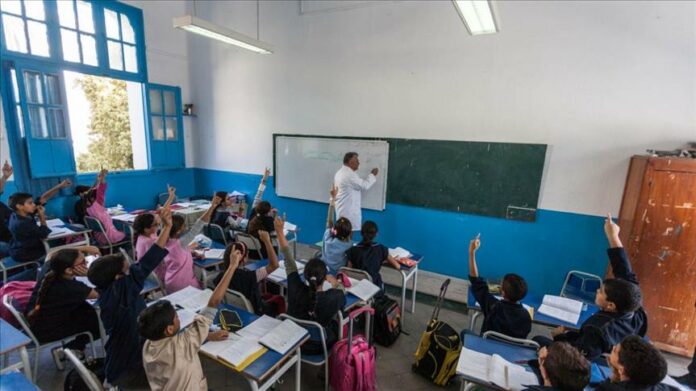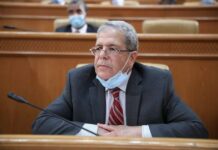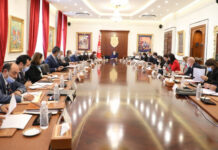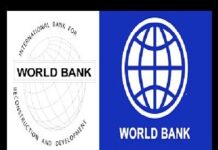When the subject of education in Tunisia and more precisely of the education system and school programs are raised, points of view diverge: between those who think that a “radical reform” of the whole system is needed and those who see that Tunisia takes every day one more step towards improving its education system by using the most developed technologies.
High school graduates were not selected to continue their studies abroad. Others, despite their good averages, were unable to get one of their top picks due to a failed referral system.
According to the Global Education Quality Index published by the World Economic Forum in Davos in 2021, Tunisia ranked 84th in the world and 7th among Arab countries.
“Out of date” school programs
In Tunisia, the coverage of textbooks is changing but the content has not really changed. Some teachers complain that they start each year with the same chapters, the same themes and the same school program in general. Education has become for some of them a sort of routine or even a monotony.
In his intervention yesterday in the news of the Wataniya 1 channel, the Minister of Education Fethi Sellaouti explained that “the school programs have not changed since 2002.” He added that it is incredible to teach, after 20 years, the same program ”
Mohgamed Haj Taieb, press attaché within the Ministry of Education told “JDD Tunisia” that “the Ministry of Education, in collaboration with its social partner (UGTT) and the Arab Institute for the Rights of Homme is in the process of working on a project envisaging the “revision” of school curricula so that they are lighter and to adapt their content to the new changes that the country is experiencing. ”
Note, in this context, that subjects such as Civic Education, for example, must be changed since Tunisia has experienced many political “reforms”, especially that even the notion of democracy and its incarnation in Tunisian society has changed.
Regional disparities
With the health crisis that Tunisia has experienced over the past two years, distance education was one of the tools adopted by several schools in order to minimize contact between students and teachers and between students themselves. In the regions of the interior, many families do not have a computer or do not have an internet connection. It is true that the education ministry has tried to find a solution to this problem, but the gap between marginalized areas and more or less developed areas is sometimes scathing.
A two-tier education system
To see the prices of the school supplies, we fall from the clouds. Those of the notebooks exceed 10 dt while the price of the satchels varies between 70 and 200 dinars.
The increased value for textbooks is between 100 and 500 millimes for each title, depending on the level of education, the modification rate being 8.34 according to the National Pedagogical Center (CNP).
In a previous statement to “JDD Tunisia”, Lotfi Riahi the president of the Tunisian organization to inform the consumer clarified that: “Despite Kais Saïed’s call for lower prices, there is an increase in recent cases . In fact, there is an increase in the price of school supplies of 15% on average. ”
According to article 4 of the 2002-80 orientation law of 23 July 2002 relating to education and school education, “the state guarantees the right to free education in public schools to all those who are of school age and equal opportunities in the enjoyment of this right to all students, as long as they are able to continue their studies regularly, in accordance with the regulations in force ”but this is not really the case.
“Academic support” is becoming a necessity today for all school levels but especially for final classes. Today it is rare, if not impossible, to find an excellent “pupil” who revises for his exams on his own. .
In Tunisia, even the notion of intelligence as innate has changed. Intelligence is acquired, it can be bought now. Intelligence is measured by the number of tutoring sessions. We are not exaggerating if we say that there are teachers who refuse to give their all in the classroom and who call on students to do tutoring sessions. to “better understand the course” so to say and “to have a good grade”.
Grants worth 50 dinars for each student and 120 dinars for each student will be awarded towards the end of September or early October according to the Director General at the Ministry of Social Affairs Najat Dkhil but is it really enough?
Note that according to a press release published this Saturday, August 28, 2021 by the Ministry of Education, the online registration of primary school students for the 2021-2022 school year will start, next Monday 30 from 12 noon, and will continue until ” until September 12, 2021.
Rifi-JDD











